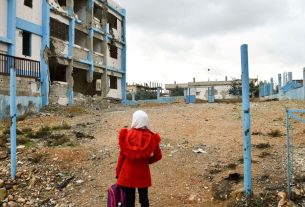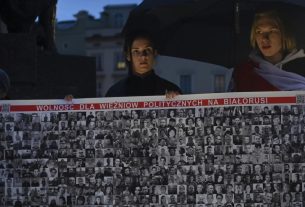In the wake of Pakistan’s May 9, 2023 riots, which followed the arrest of former Prime Minister Imran Khan, a growing legal controversy has emerged over the military’s jurisdiction to try civilians. In December 2023, military courts sentenced 25 individuals, including Khan’s nephew, Hassan Khan Niazi, for alleged involvement in the attacks on military installations. This marked a crucial escalation in the battle over the balance between military and civilian justice in Pakistan.
The origins of this controversy trace back to a government and military decision to subject those involved in the May 9 riots to trials under the Pakistan Army Act, 1952, and the Official Secrets Act, 1923. This decision sparked multiple petitions challenging the constitutionality of military trials for civilians. On October 23, 2023, the Supreme Court of Pakistan ruled in Jawad S. Khawaja and others v. Federation of Pakistan that such trials were unconstitutional, reaffirming that civilians could not be court-martialed under the Pakistan Army Act. However, this ruling was temporarily suspended by a larger bench on December 13, 2023, reversing the decision and allowing the continuation of military trials.
The legal conflict revolves around the intersection of Pakistan’s Constitution, which ensures fundamental rights and due process, and military regulations that permit the trial of civilians under specific circumstances. The military courts’ decisions, including the December 2023 verdicts, have drawn significant international and domestic criticism. Human rights organizations, as well as foreign governments such as the United States and the United Kingdom, have raised concerns about the transparency, fairness, and legality of such trials. The European Union further highlighted that the trials breach Pakistan’s obligations under the International Covenant on Civil and Political Rights (ICCPR), with potential consequences for Pakistan’s preferential trade status with the EU.
The continuing tension between military and civilian judicial processes raises vital questions about the future of Pakistan’s legal landscape. As military courts conclude their trials for those involved in the May 9 riots, there is growing pressure for the country to strengthen its civilian judicial system, ensuring that civilians are tried in civilian courts, as per the provisions of the Pakistan Penal Code (1860) and Code of Criminal Procedure (1908).
Excerpts From:
Military Justice v. Civil Rights: Pakistan’s Legal Battle Intensifies
by Noor Ul Huda | JURIST Pakistan Correspondent



